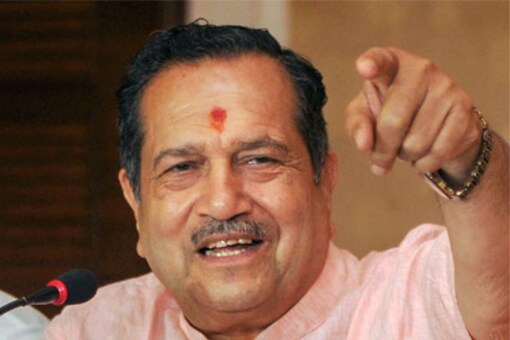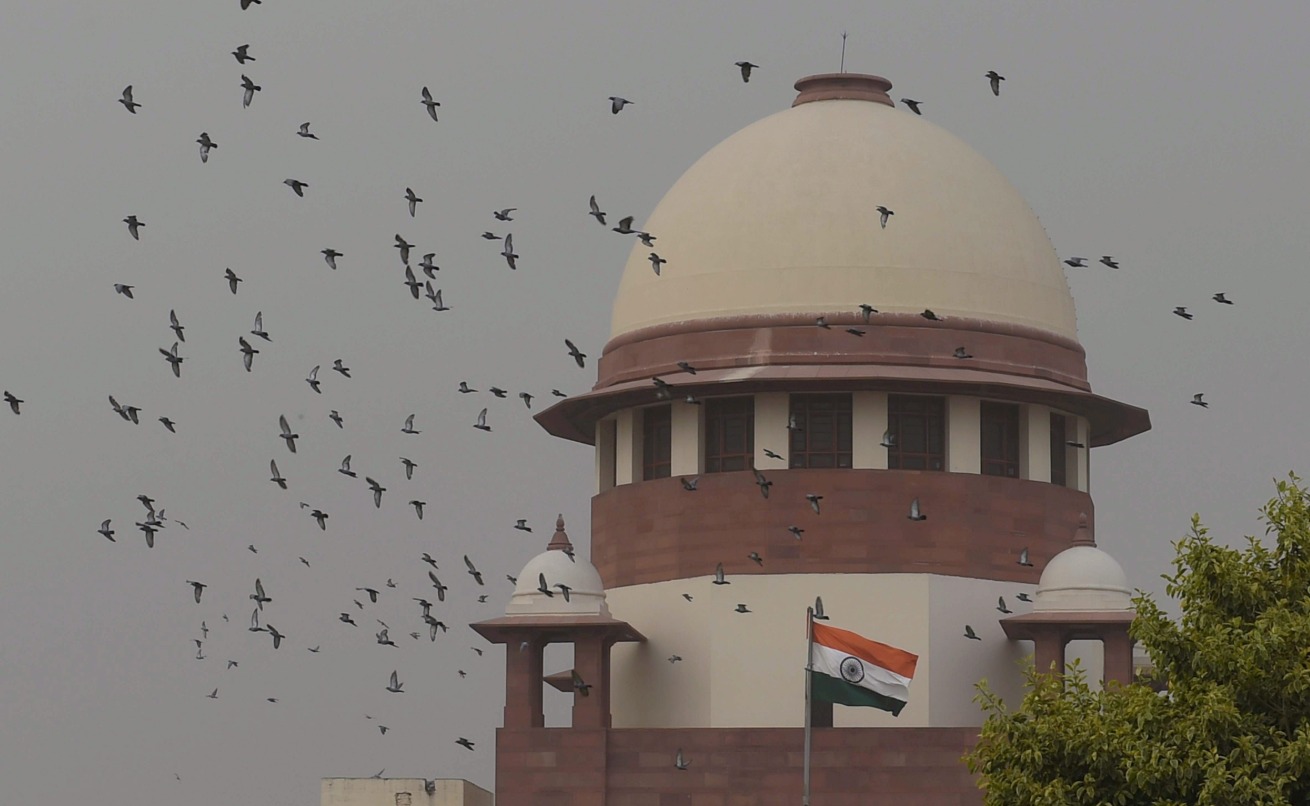New Delhi, Feb 3: Senior RSS leader Indresh Kumar has condemned the alleged hate speeches against minorities at a recent Dharma Sansad in Haridwar and said all those who make provocative and divisive remarks should be punished as per law without any exception.
In an interview with PTI, he termed the politics of hate as corruption and called all political parties and their leaders to refrain from indulging in hate-mongering and pitting one section of the society against the other.
Instead of making provocative and divisive remarks against any community, caste or group, they should practice politics of brotherhood and development in the best interest of the country and its people, the Rashtriya Swayamsevak Sangh (RSS) national executive member said.
Any kind of hate speech is condemnable. All hate speeches must be condemned and punished as per law. Nobody should be treated as an exception, he said when asked for his view on the alleged hate speeches delivered at a Dharma Sansad in Uttarakhand's Haridwar and a similar event in Chhattisgarh's capital Raipur recently.
Kumar said there are multiple examples of cruel hate speeches and insisted that it is the need of the hour to take legal action against all such divisive acts as they vitiate the atmosphere of the country.
He slammed the Congress and other opposition parties for blaming the RSS and its ideology for the assassination of Mahatma Gandhi, saying that they were levelling baseless allegations even as they do not have any proof to substantiate their charge.
For more than 60 years, we have been hearing that the RSS and its ideology were behind the killing of Mahatma Gandhi. A ban was also imposed on the Sangh. But the Congress and other parties could not prove it (the allegation) even after they remained in power for so many years, he said.
Their baseless and unfounded allegations against the RSS also amount to a cruel hate speech, he charged and asked why no action had been taken against them so far.
Kumar also trained guns on Congress leader Rahul Gandhi for his recent remarks that a Hindutvawadi' had shot Mahatma Gandhi dead.
Now, he says Hindutvawadis got Gandhi killed. It is also a hate speech, the RSS leader said without naming Rahul Gandhi.
He argued that unfounded allegations that create hatred against one section of people or an organization should also be considered as hate speeches .
All hate speeches should be looked at through the same prism. We cannot make a distinction between one set of action or speech with the other while both are same in its nature and essence hateful, provocative and divisive, he said.
Action should be taken against all those who deliver hate speeches, no matter how big and influential they are or which party or group they belong to. It is the need of the hour, he added.
Kumar is also the founder of the Sangh's affiliate Muslim Rashtriya Manch whose stated objective is to bring Muslims closer to Hindus. To reach out to the Christian community, he founded another outfit, Christian Rashtriya Manch, a few years ago on the lines of the RSS' Muslim wing.
Ahead of the Assembly elections in Uttar Pradesh, Punjab, Uttarakhand, Goa and Manipur, both the RSS-backed outfits are canvassing for the BJP in the poll-bound states.
Let the Truth be known. If you read VB and like VB, please be a VB Supporter and Help us deliver the Truth to one and all.
Panaji(PTI): The committee managing the Shree Lairai Temple failed to implement the Goa police's directives to install CCTV cameras for the annual festival, during which six people lost their lives in a stampede, an official said on Monday.
The official, quoting the minutes of a meeting held days before the tragedy, said the temple committee was also requested to make necessary arrangements for queues with proper barricading wherever required.
The temple authorities, however, said there wasn't enough time to install the CCTV cameras, as the meeting was held just a couple of days before the event.
Six people were killed, and more than 70 sustained injuries after a stampede broke out during an annual festival at Shree Lairai Temple at Shirgao village of North Goa in the wee hours of Saturday.
The police, district administration and Shree Lairai Temple committee held a meeting on April 30 ahead of the festival, during which the temple authorities were asked to install CCTV cameras at the entry and exit points and place "proper barricading wherever possible".
The meeting was attended by then Superintendent of Police (North) Akshat Kaushal, then Deputy Superintendent of Police (Bicholim) Jivba Dalvi, Deputy Collector (Bicholim) Bhimnath Khorjuvekar, Temple committee president Dinanath Gaonkar and others.
The minutes of the meeting, a copy of which is with PTI, state, "The temple committee is asked to install CCTVs at all the entry and exit points, crowded areas, near temple and Homkhand, along with CCTV control room for which police staff also would be provided."
As per the minutes, the temple committee was also requested to make necessary arrangements for queues with proper barricading wherever required and asked to assist the police in crowd control and management during the festival.
When contacted, temple committee president Dinanath Gaonkar said they didn't have enough time to install the CCTV cameras.
"You require at least 10 to 15 days to install these cameras. The meeting was held only a couple of days before the festival," he said.
Gaonkar said the barricading was not done as devotees had suffered injuries because of it in the past.
The temple committee said they have deposed before the fact-finding committee probing into the stampede and provided all the details.





